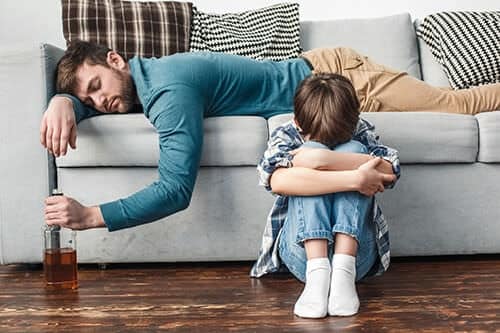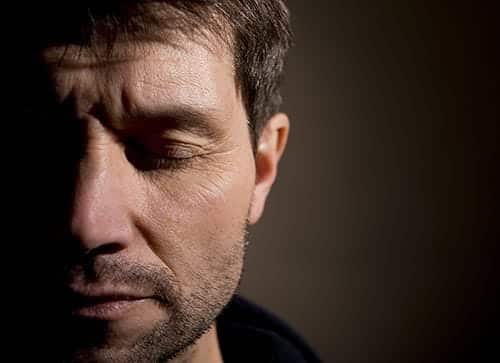Those entering addiction treatment who have excellent family support tend to have the greatest long-term results. The following information will discuss addiction and family support in more detail. Moreover, it will also include several benefits that come from family therapies.
Addiction and Family Support Network
Those facing addiction to a particular substance are not alone in a drug abuse situation. In fact, everyone who lives in the household will feel the effects of addiction in some way. Relationships often suffer a great deal as a result of these challenges. Additionally, some families find it hard to maintain a normal daily routine of school, work, and leisure activities. Treatment that includes the entire family can be very helpful for everyone.
Helpful Treatment Options for Families
Family therapy can involve many different activities in a therapeutic setting. Therefore, many professional treatment centers begin with in-depth family counseling that allows for the open discussion of problems, concerns, and challenges. Other activities can be implemented that will allow the family to rebuild trust, excel at proper communication, and experience greater overall happiness.
Benefits of Family Treatment
Family addiction therapy can provide many benefits. For example, consider the advantages in the list below:
Relationship Improvements
Maintaining proper relationships takes time and dedication. However, these relationships suffer a great deal when one family member is struggling with an addiction. Therapy that focuses on the whole family allows for damaged relationships to experience healing.
Better Trust
Specifically, trust is a vital element in all personal relationships. Trust can be damaged in a situation involving addiction. Therefore, family treatment can help you regain trust with those close to you.
Greater Physical and Mental Health
Those approaching treatment as a family unit often experience positive mental and physical benefits that can boost their overall health.
Daily Productivity
Many families find it easier to maintain normal and productive daily schedules once they begin some type of family therapy. In addition, you will gain understanding, training, and education about addiction through the process.
Getting the Professional Help Your Family Needs
When one person suffers from an addiction, it can seem as if peace and happiness will never be restored to your family. It’s normal to feel down during this trying time. However, keep in mind that addiction and family therapy can give you many benefits that will allow your family to function more normally. The best treatment plan for your family may include a variety of elements such as:
Work together with your treatment center to gain the rewards that come with proper professional help.
Getting the help your family needs doesn’t have to create more stress. Crest View Recovery Center is an addiction treatment facility that assists families in the Asheville, NC area. The treatment professionals at Crest View use a creative form of reality therapy and in-depth programs to achieve excellent long-term results.
Don’t let an existing addiction determine how successful your future endeavors will be. In fact, the ideal treatment center can provide you with long-term relief from addiction issues. Contact Crest View Recovery Center at 866-327-2505 to learn more about the healing journey.




